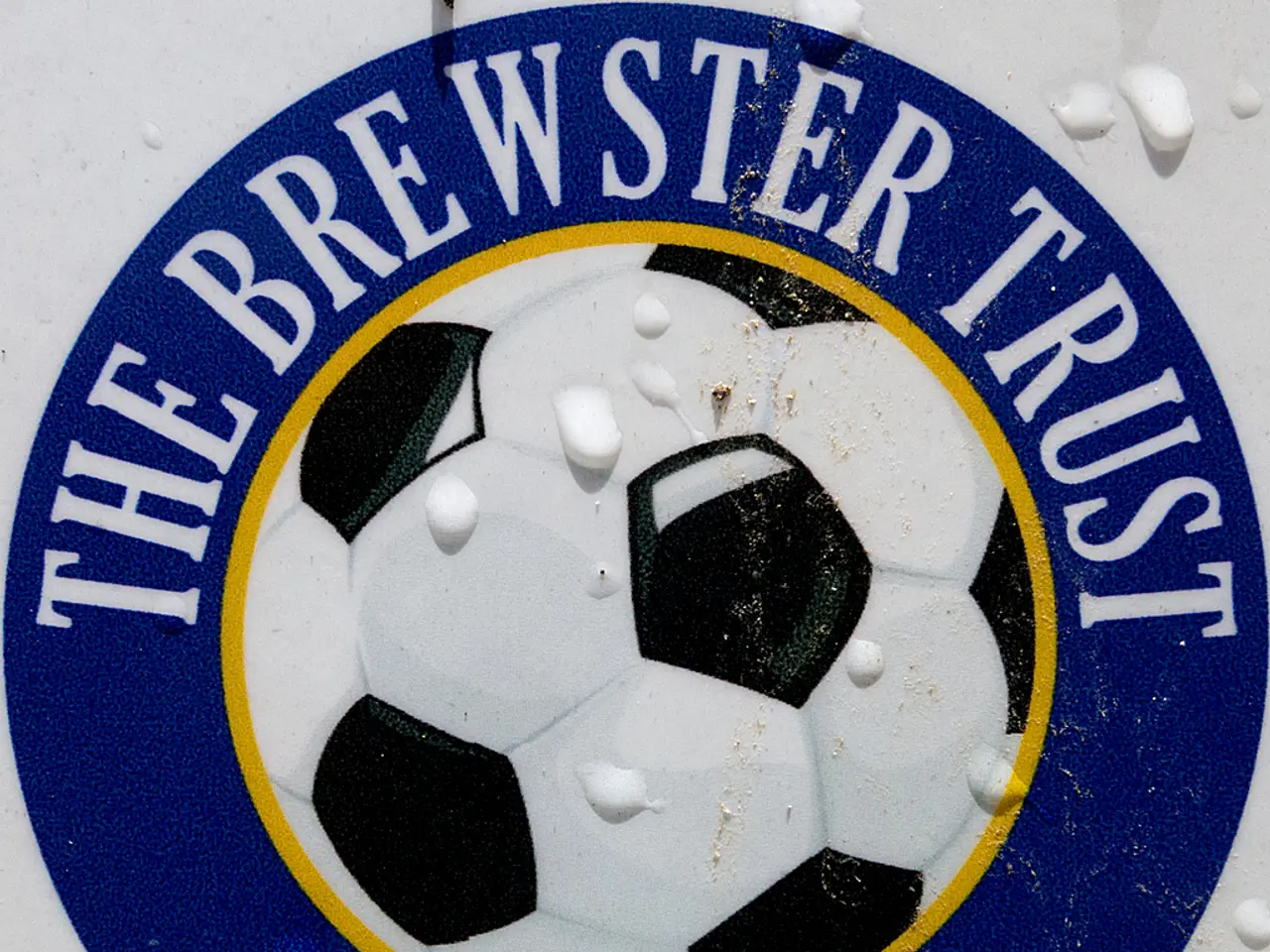Maryland Sanctioned Preliminary Sports Betting Regulations Prompting Some Doubts
Maryland has approved draft sports betting rules, setting the stage for a competitive market that could, however, pose significant challenges for smaller businesses. The state's licensing fees and tax policies are notably higher compared to other states, creating a financial burden that could stifle competition and impede market entry.
Under the new rules, mobile sportsbook operators will be required to pay up to $2 million upfront for a license fee and a performance bond. Large retail sportsbooks, on the other hand, will need to put up to $1 million. These fees are significantly higher than those in most other states, which typically charge in the hundreds of thousands of dollars range.
In addition to the high licensing fees, Maryland recently increased its tax rate on online sports betting from 15% to 20%. While this is lower than some neighboring states such as Pennsylvania (36%) and Delaware (50%), it still adds to the financial burden on operators.
To compound matters, the proposed rules outline limits on promotional play following the first year of operation, and a reduction in the ability of sportsbooks to deduct free bets from taxable revenue, from 20% down to 5% in subsequent years. These changes could make it difficult for smaller operators, who often have less capital and thinner margins, to compete effectively.
The new law allows for retail wagering at casinos, racetracks, state fair, and other facilities. Each sports betting licensee will be entitled to one digital platform. Notably, Maryland is now one of only a handful of states that require the use of league-provided data, which could further increase costs for operators.
As the state prepares for the launch of its sports betting market, it remains to be seen how these high fees and tax policies will impact the competition and the market's overall landscape. With Maryland aiming for a launch similar to Arizona, which is aiming for a Sept. 9 launch, the race is on to establish a thriving sports betting industry in the state.
| Factor | Maryland | Typical Other States | |--------------------------------|----------------------------------|--------------------------------------| | Mobile sportsbook license fee | Up to $2 million upfront | Usually significantly less (hundreds of thousands) | | Retail sportsbook license fee | Up to $1 million upfront | Typically less | | Online sports betting tax rate | 20% (recently increased) | Range broadly, some lower, some higher (e.g., PA 36%, DE 50%) | | Promo deduction limits | 5% of gross revenue after year 1 | Often higher, with some allowing 20% or more |
- The high license fees for both mobile and retail sportsbooks in Maryland may pose a significant financial burden for smaller businesses compared to other states.
- The recent increase in the online sports betting tax rate in Maryland to 20% adds to the financial strain on operators, despite being lower than some neighboring states.
- The proposed rules in Maryland limit promotional play and reduce the ability to deduct free bets from taxable revenue, which could make it challenging for smaller operators to compete effectively.
- Maryland's requirement for using league-provided data could further increase costs for operators, potentially placing a disadvantage on smaller sportsbooks.







